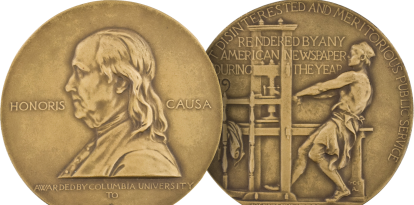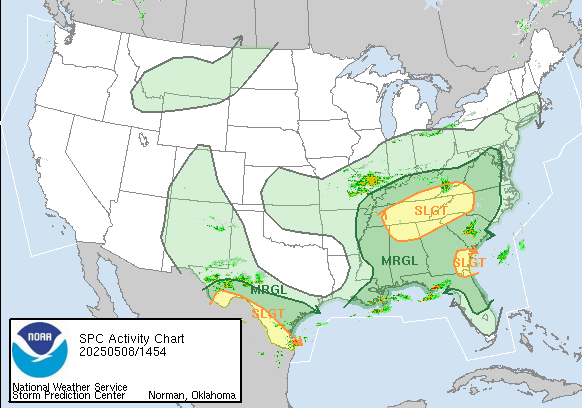Federal judge suggests that the Constitution protects abortion rights despite Supreme Court ruling
He understands that Dobbs v. Jackson focused exclusively on the 14th Amendment and asks to analyze whether the 13th or other articles could support it.

Federal judge suggests that the Constitution protects abortion rights despite Supreme Court ruling
A federal district judge in Washington, D.C. asked to study whether the Constitution protects a presumptive right to abortion despite the Supreme Court's ruling on Dobbs v. Jackson. The judge's focus is on whether the 13th amendment supports this alleged right, as the Supreme Court's ruling was based exclusively on the 14th amendment.
Doubt arose in the case against 10 pro-life activists arrested for conspiring to block access to an anti-abortion clinic. Judge Colleen Kollar-Kotelly, a Clinton appointee, called on both sides to submit briefs on whether the Supreme Court's ruling is limited to the 14th Amendment or goes beyond it. "whether, if so, any other provision of the Constitution could confer a right to abortion as an original matter, which may or may not be addressed in Dobbs, such that Dobbs may or may not be the final pronouncement on the issue, leaving an open question. In addition, the parties shall also address the current crux of this case,
the scope of the statutes charged, and any other issues the parties may intend to raise," she says in the order.
Does "no" to abortion mean "no" to reproductive health rights?
According to the judge, both sides differ on the scope of the Dobbs v. Jackson ruling. The defendants' lawyers argue that the Supreme Court's ruling that "there is no right to abortion" extends to reproductive health rights. The defense attorneys also insisted that the sentence "did not indicate that there is no longer a constitutional right to abortion; the court has made clear there never was."
However, relying on the writings of university professors, Kollar-Kotelly points to the 13th Amendment as a possible constitutional guarantee for abortion advocates. "Of the provisions that might contain some right of access to such services, the Thirteenth Amendment has been the subject of study among academics and, briefly, in federal court. E.g., Andrew Koppelman, Forced Labor: A Thirteenth Amendment Defense of Abortion."
Unwanted pregnancy as involuntary servitude?
According to Koppelman, the 13th Amendment "is not a complete defense of Roe" and "doesn't address the alleged personhood of the fetus." However, "it does show that the state, when it forces women to have children, has a heavy burden of proof. A woman is a person," Koppelman added. In this sense, the key would be in the interpretation of an unwanted pregnancy as "involuntary servitude."
The 13th Amendment was ratified in 1865 to eliminate slavery. It has two sections:
Neither slavery nor involuntary servitude, except as a punishment for a crime for which the party has been duly convicted, shall exist within the United States or any place subject to its jurisdiction.
Congress shall have the power to enforce this article by appropriate legislation.
Both parties have one month to present their arguments.
RECOMMENDATION





















